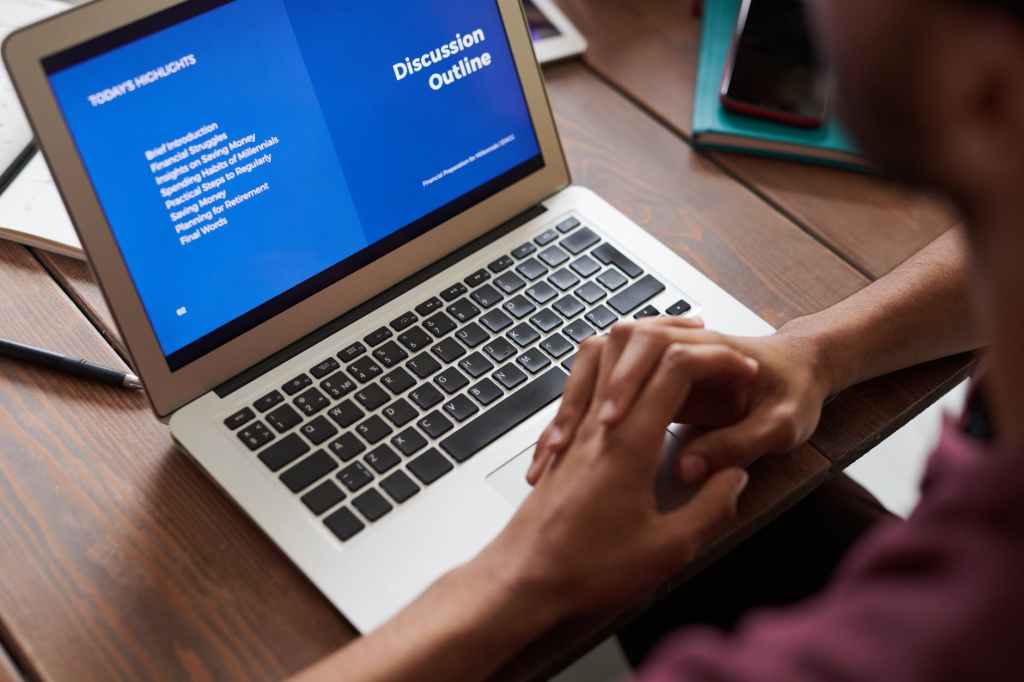
Some law students have already started final exams, and others will be starting soon. I thought today would be a good time to talk about some dos and don’ts for the day before a final exam.
Let’s start by being honest. There’s no way to study for an entire course in a single day, although many law students try. And our “don’t” list really relates to that realization.
So don’t try to study your entire course outline, cover to cover on the last day. You shouldn’t be studying things you already know at this point, and this approach assumes everything is equal. Additionally, students tend to focus so much attention on the early part of the outline that they run out of time before they get to the end, or at least lose focus. For these reasons, a “let’s do it all” approach rarely is helpful.
Instead, do start the day by identifying your high priority topics for study. How can you do this? Start by creating a checklist for all of the issues you’ve covered in the course, following the organization of your outline. (Have questions about how to create this checklist? I’ve written more about it here.) At the beginning of your studies for the day, go through that checklist ranking everything on a 3-point scale. Write a “1” next to each issue that you feel comfortable with – in other words, you if you saw this issue in an exam question you would be happy to see it. Write a “2” next to each issue that you feel OK about, even if you aren’t really confident. These are the ones you would see on an exam and say to yourself, “I would rather see Issue type #1, but I can make this work.” Then, write a “3” next to the issues that you don’t feel like you know well enough to write about them on the exam.
Once you categorize the legal issues by topic, do focus your final day of review on the topics you feel less confident about, the ones you’ve labeled with a “3.” If you run out of “3”s to study before you run out of time, then start reviewing your “2”s.
And do remember that not all legal issues are equal, and that means they shouldn’t receive equal time. As you look at your list of “3” issues, make note of which ones the professor spent the most time on in class. Those are the ones that get more time in this final review as well, as they are likely more complex or more important since your professor devoted more time to them.
Additionally, don’t stay up all night the night before the exam. Students sometimes think they have no choice but to stay up studying because there’s just not enough time, but this approach can really backfire. I’ve known students who stayed up, just to fall asleep in the morning and miss their exam, and I’ve also seen students fall asleep in the midst of a final exam. But even if these dramatic things don’t happen to you, the lack of sleep can still cause harm. Your memory and ability to focus are affected by lack of sleep, which could mean that you don’t perform as well as you could on your final. Students who skip sleep often still feel tired the next day as well, when you may want to turn your attention to studying for the next upcoming final exam.
Instead, do protect your sleep and do all of the other things that help you be healthy, manage stress, and stay focused. Make sure you set aside enough time to sleep each night throughout the exam period and especially the night before each final exam. Eat good food that will fuel your brain, and resist the urge to exist on junk food. Be careful about your caffeine intake – too much caffeine can make you feel more anxious, upset your stomach, and interfere with sleep. And don’t forget to take regular breaks as you study on that last day. Taking a short walk or doing something else for a short time will allow you to come back to your studies with more focus, ready to get your work done.
By doing these few basic things – and avoiding just a couple of “don’ts” – you will maximize the value of your review on the the day before your final exam. And the more effective your studies are, the greater your academic success!









